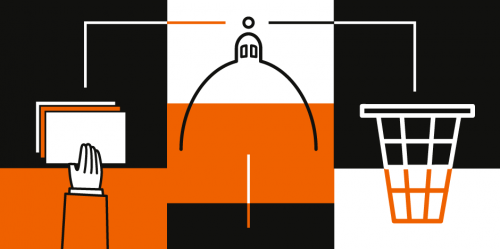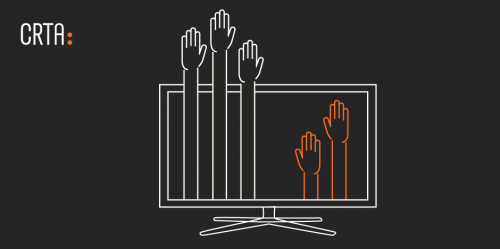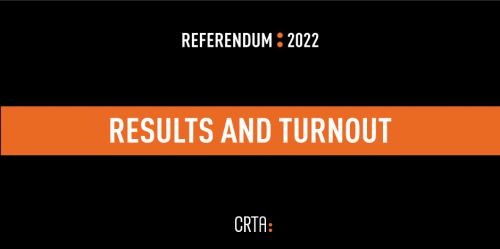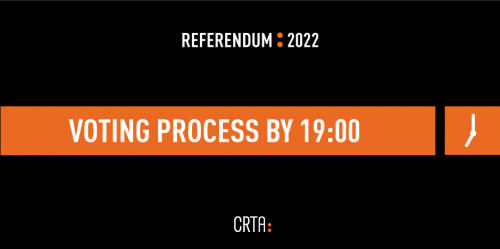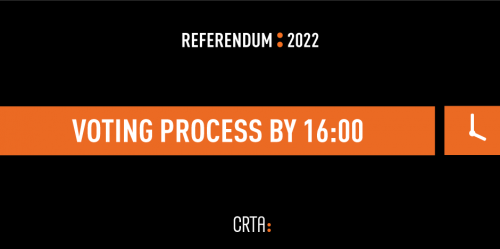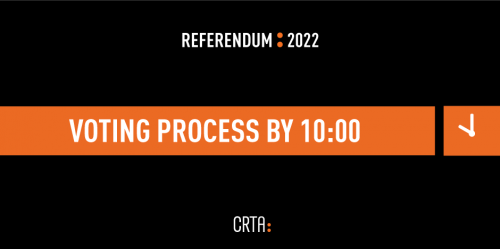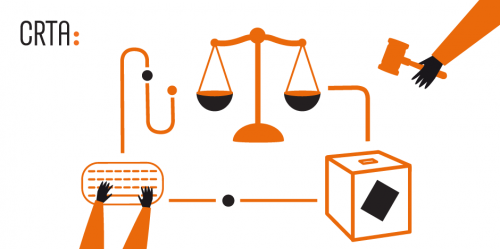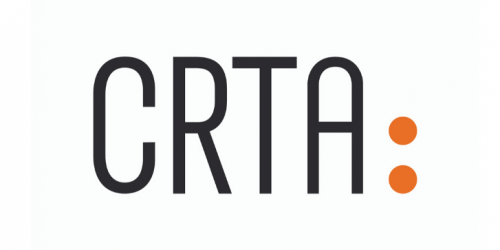On February 4th, Members of Parliament adopted a set of new laws regulating the conduct of the election process. These laws came into force on February 7th, meaning that the changes were adopted just before the calling of the election campaign, and less than two months before the election day announced for April 3, 2022….
Latest Updates
Findings of the “political pluralism monitoring” in television programs, conducted by the Regulatory Authority for Electronic Media (REM) and presented to the public by the Temporary Supervisory Body for Media Monitoring, do not paint a credible picture of the objectivity and professionalism of the mainstream media scene in Serbia, or the representation of political actors in television reporting.
On the basis of 98 percent of processed sample, a total of 57,4 percent of citizens who voted “for” the confirmation of the act on changing the Constitution of the Republic of Serbia, while a total of 41,6 percent of voters voted “against” constitutional changes, the CRTA’s observation mission reported. Margin of error with confidence interval of 95% was +/- 2,4 percent. Invalid ballots numbered a total of 1 percent of ballots.
A total of 27,6 percent of voters registered in the voters registry voted in referendum on constitutional changes in the part related to the judiciary by 7 pm, the CRTA’s observation mission stated. Margin of error with confidence interval of 95% was +/- 1,3 percent.
CRTA’s observation mission assesses the poor quality in the conduct of the voting process in the first part of the day, reflecting in inadequate preparation of polling stations (8%) and breaches of voting procedures outside of polling stations (6%). On significant number of polling stations – almost 30%, all members of polling boards were not present at the polls opening, representing the inadequate preparedness of bodies authorized to conduct the voting process.
A total of 12 percent of voters registered in the voters registry voted in referendum on constitutional changes in the part related to the judiciary by 1 pm, the CRTA’s observation mission stated. Margin of error with confidence interval of 95% was +/- 0,5 percent.
A total of 3,8 percent of voters registered in the voters registry voted in referendum on constitutional changes in the part related to the judiciary by 10 am, the CRTA’s observation mission stated. Margin of error with confidence interval of 95% was +/- 0,4 percent.
CRTA invites lawyers with or without the experience, interested in monitoring and analysis of the electoral process, to join its election observation mission. Tasks under this assignment include the collection and processing of information about irregularities within the electoral process, as well as the provision of support in raising citizens’ understanding about the electoral legislation and mechanisms to protect voting rights.
In the wake of the prospective debate in the European Parliament concerning the allegations of forced labor at the Linglong factory in Zrenjanin, as well as the environmental protests in Serbia, CRTA wrote a letter to Vladimir Bilčik, the European Parliament rapporteur for Serbia and Tanja Fajon, the chairwoman of Serbia’s EU Accession Committee, drawing attention to an array of other circumstances that illustrate how endangered the democracy and citizens’ rights in Serbia are, coming as a consequence of the lack of commitment of the Serbian government to obligations under Chapter 23 and the Stabilization and Association Agreement.




